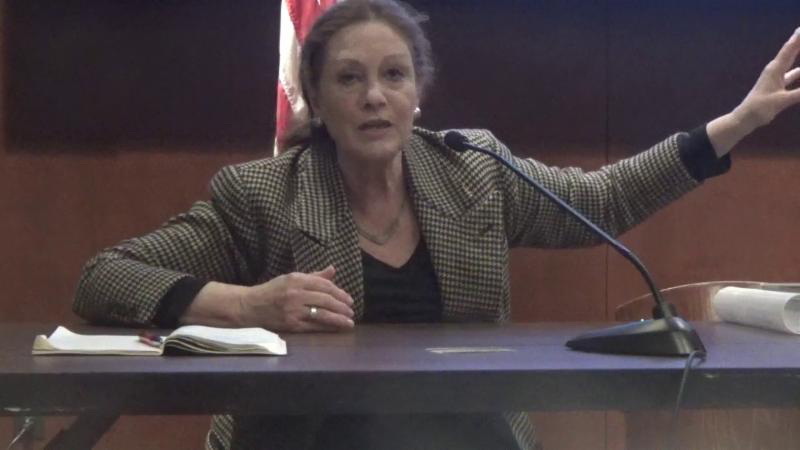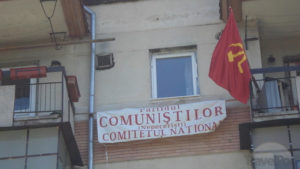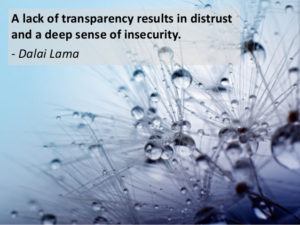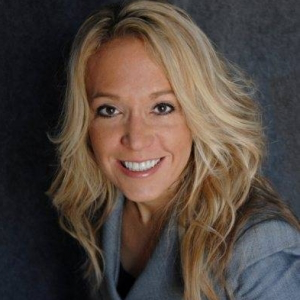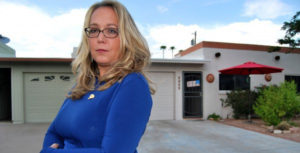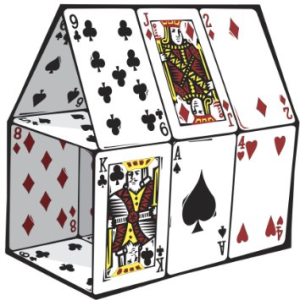Rumor has it that people who buy property in a homeowners association know exactly what they are getting. We are told by the industry that we all agreed to it. That sounds good. So why are there so many problems and so many lawsuits if we are all on the same page? Could the problem be that we don’t all speak the same language? Or is that too simple an explanation?
Bill Davis. a Texas attorney has made representing homeowners in HOAs a focus of his legal practice. That is very fortunate for all of us because he is always willing to educate us and explain some of the twists and turns we encounter in every day life. Bill joins us On The Commons. He helps us to untangle the wording in a California case where a homeowner bought a condominium with a right to rent out her unit. Pretty simple and straight forward. Well, maybe not, she ended up with words like restrictions and prohibitions to contend with. So, what did she agree to? And who decided to muddle things up by using all these words to change the meaning of the rights she bought and OWNS. Tune in and see if you are clear on the rights you own.



